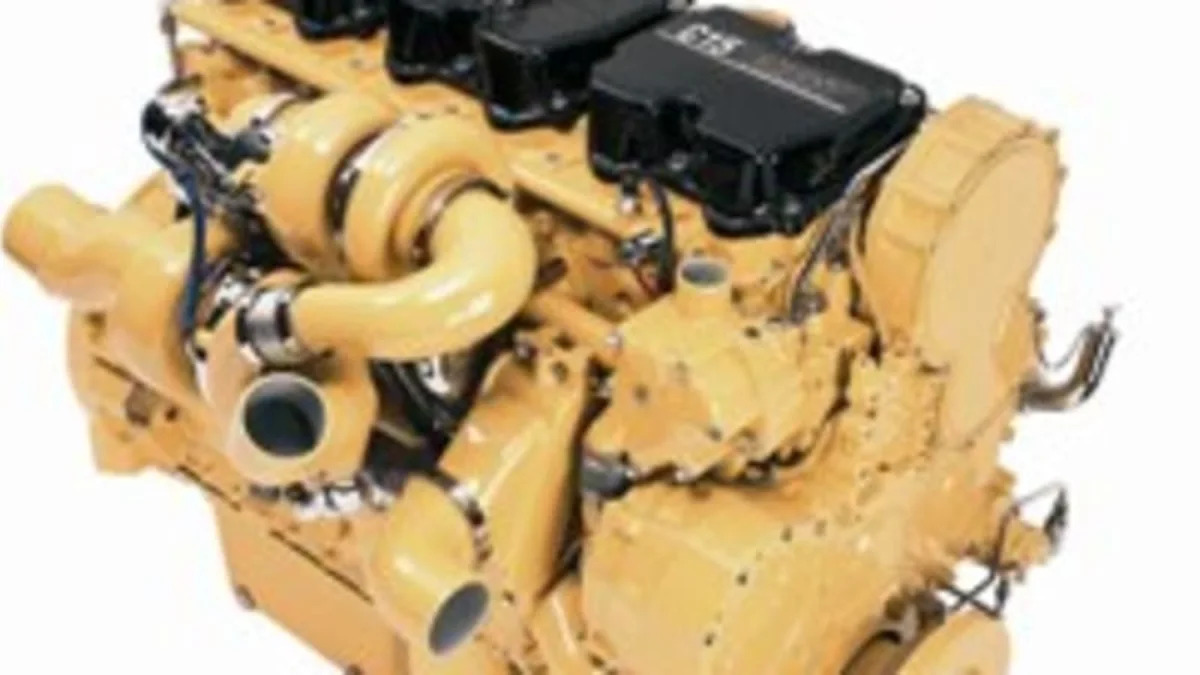 Those looking for a glimpse into the future of light-duty diesel reliability may be interested in a new study by J.D. Power on customer satisfaction with modern heavy truck powertrains. The 2006 Heavy Duty Truck Engine/Transmission Study ranked engines from the 2004 model year by quality, performance, cost of ownership, and warranty, and revealed what one would reasonably expect from new technology.
Those looking for a glimpse into the future of light-duty diesel reliability may be interested in a new study by J.D. Power on customer satisfaction with modern heavy truck powertrains. The 2006 Heavy Duty Truck Engine/Transmission Study ranked engines from the 2004 model year by quality, performance, cost of ownership, and warranty, and revealed what one would reasonably expect from new technology.
An average of 74 problems per 100 vehicles was reported, which represents a 60% increase in trouble over the prior year. This was attributed directly to the emission control systems that were phased in during 2003 and 2004. Fuel economy also declined from 6.04 MPG in the 2004 study to 5.72 MPG - a drop of over 5%. Ranked highest in the study was Caterpillar, and the company's ACERT technology allowed the C12 and C15 (pictured above) to lead the ratings of individual engines. Unfortunately, unless you hold a CDL, it's highly unlikely that either one of them will find their way into your personal fleet.
So, what does this mean for consumers of passenger vehicles? Just as we've experienced the evolution of emission controls on gasoline engines, problems can be expected as manufacturers roll out clean diesel technology. How long it will take to sort out these issues is not yet clear, but we're guessing that things get sorted out rather quickly, and indeed some of the problems that are currently affecting heavy trucks may very well be eliminated before it trickles down to smaller oilburners.
[Source: J.D. Power; the complete press release is posted below the jump]
J.D. Power and Associates Reports:
Problems with Heavy-Duty Truck Engines Increase as More Manufacturers Employ
New Emission Standards
The Caterpillar C-12 Ranks Highest in Customer Satisfaction with Vocational
Heavy-Duty Diesel Engines
WESTLAKE VILLAGE, Calif.: 5 October 2006 -As manufacturers of heavy-duty truck engines strive to meet government-regulated emission standards by implementing new emission technologies, customers are increasingly experiencing problems with their engines, according to the J.D. Power and Associates 2006 Heavy-Duty Truck Engine/Transmission StudySM released today.
The study, now in its 10th year, measures customer satisfaction with the engines in two-year-old heavy-duty trucks (Class 8) by examining four vital engine factors. They are (in order of importance): engine quality (30%); engine performance (26%); engine cost of ownership (22%); and engine warranty (22%). The study examines engines supplied in 2004 model-year trucks, the second model year impacted by the Consent Decree that raised diesel engine emission standards.
To meet emission regulations, manufacturers are continuously redesigning engines and employing new technologies, such as redirecting exhaust gas back into the engine to burn off more pollutants. Consequently, the average number of reported engine problems has increased to 74 PP100 (engine problems per 100 vehicles)-up from 46 PP100 in 2005.
"In the 2005 study, there was a greater mix of manufacturers using old- and new-technology engines, so we're just now starting to see the overall impact of the emission regulations," said Brian Etchells, senior research manager in the commercial vehicle group at J.D. Power and Associates. "Whenever a new technology is employed, it takes a while to work the bugs out. As time goes on and engines are better equipped and designed to follow the emission standards, the number of problems should gradually decline."
For the sixth year, a Caterpillar engine ranks highest in the vocational segment. Vocational trucks are defined as those with body types used in rugged job applications, such as dump trucks, concrete mixers, and garbage/refuse recycling trucks. The Caterpillar C-12 ranks highest among vocational heavy-duty truck engine models, performing particularly well in three of the four factors that determine overall satisfaction: engine quality, performance and cost of ownership. The Caterpillar C-15 follows the C-12 in the rankings.
"Caterpillar in particular has done an excellent job in meeting the challenge of the new emission standards by creating their own innovative emission technology," said Etchells. "Caterpillar's success is clearly evident in how satisfied customers are with their engines."
The study also finds that among the four drivers of engine satisfaction, customers are least satisfied with the cost of ownership, particularly in the areas of routine engine maintenance costs and fuel efficiency. Reported fuel consumption for heavy-duty engines has declined to 5.72 mpg in 2006-down from 5.91 mpg in 2005 and 6.04 mpg in 2004.
The 2006 Heavy-Duty Truck Engine/Transmission Study is based on the responses of 2,529 primary maintainers of two-year-old heavy-duty trucks (Class 8).


Sign in to post
Please sign in to leave a comment.
Continue